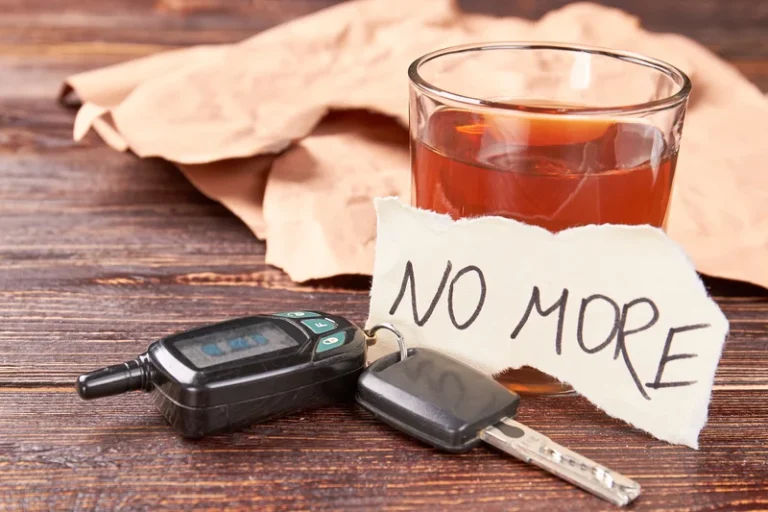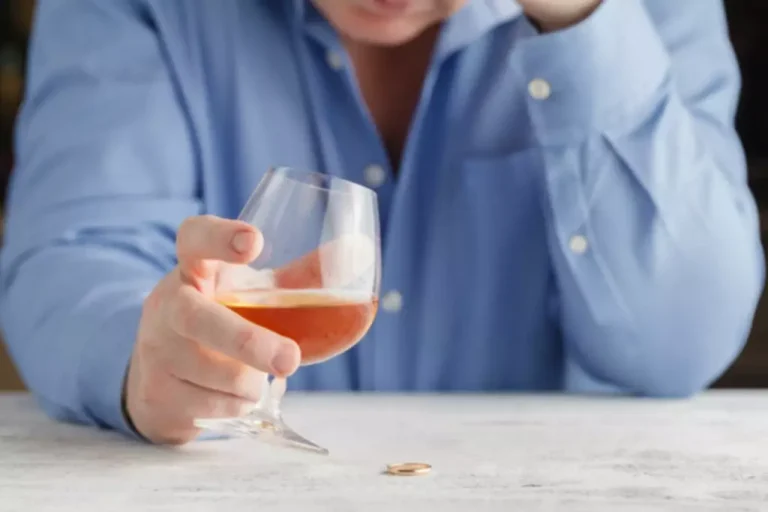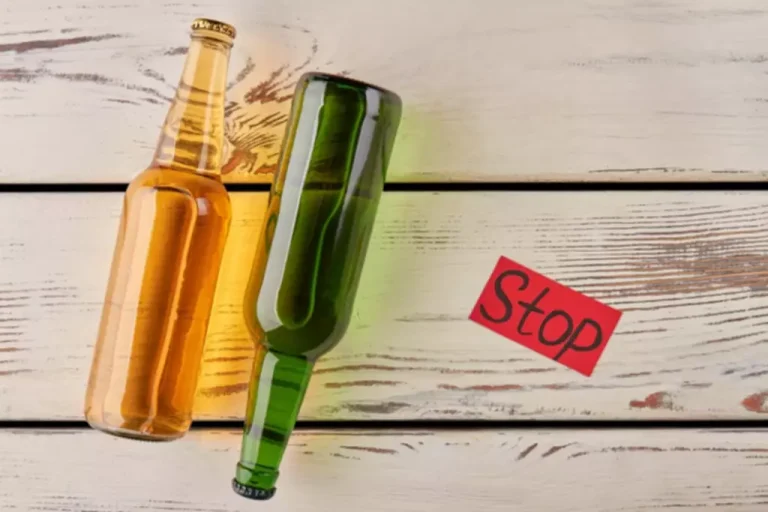Fighting Stigma: It’s Time to Embrace ‘Alcoholism’ in the Legal Industry National Law Journal
Rox Casino зеркало, официальный сайт Рокс Казино, играть онлайн
May 22, 2024How chatbots use NLP, NLU, and NLG to create engaging conversations
June 11, 2024
Binge drinking equates to roughly five drinks for men and four for women within two hours. However, these numbers can vary depending on your alcohol tolerance and other biological responses. Of the alcoholism subtypes, functional individuals are less likely to relapse. However, identifying similarities can help people identify what kind of alcoholic they are. In this blog article, we cover the different types of alcoholics and how they can seek help to stay sober. Medicare is a US government programme which provides healthcare coverage for millions of Americans who are retired or disabled.
- The loss of the license extends beyond the specific job and, in effect, revokes the privilege of being employed anywhere that the commercial license is required—at least temporarily.
- Not only does AUD affect the health of the person with the disease, but it also impacts the lives of those around them.
- Where available, courts may require convicted drivers to attend presentations by injured survivors of DUI accidents or loved ones of individuals who died as a result of a DUI crash.
The High-Functioning Alcoholic

Every state in the U.S. has a legal limit (or a point at which it is legally unsafe to operate a motor vehicle) of 0.08%. It’s important to note that any amount of alcohol in your system can interfere with your ability to think and function without impairment. However, when researchers evaluate these potential factors, the risks outweigh any benefits. While you may experience euphoria or relaxation at first, in the long run, alcohol affects neurotransmitters, which can lead to changes in your thoughts, moods, and behavior. Alcohol also causes damage to nerves and pathways, which disrupts communication between essential organs and bodily functions.

Understanding Alcohol Use Disorder
- Antisocial personality disorder commonly co-occurs with alcohol abuse, as alcohol can lower social inhibitions and anxiety, and make a person feel more relaxed.
- Of the five alcoholic subtypes, intermediate familial individuals have the highest employment rates and an average family income of $50,000 yearly.
- Some studies have found that even light or moderate drinking can lead to some deterioration of the hippocampus.
- Around one-quarter of the functional alcoholic demographic have had at least one major depressive episode in their lives as well.
Group meetings are available in most communities at low or no cost, and at convenient times and locations—including an increasing presence online. This means they can be especially helpful to individuals at risk for relapse to drinking. Combined with medications and behavioral treatment provided by health care professionals, mutual-support groups can offer a valuable added layer of support. If you feel that you sometimes drink too much alcohol, or your drinking is causing problems, or if your family is concerned about your drinking, talk with your health care provider. Other ways to get help include talking with a mental health professional or seeking help from a support group such as Alcoholics Anonymous or a similar type of self-help group.
Types of Alcohol Use Disorder

Your doctor may ask about your drinking habits and want to talk with your family and friends. They might also do a physical exam and order lab tests to learn whether alcohol why do people become alcoholics use is affecting your health. Under the direction of licensed therapists or counselors, behavioral therapies involve psychological strategies to modify drinking behaviors.

